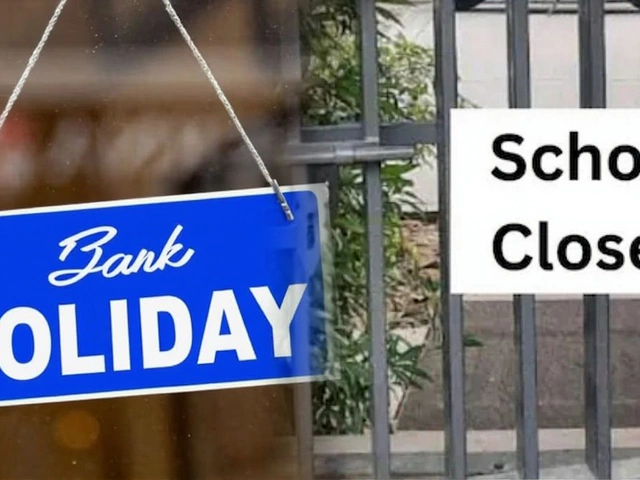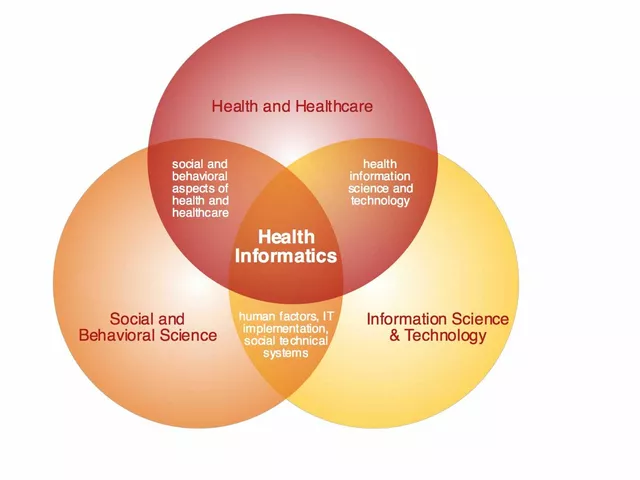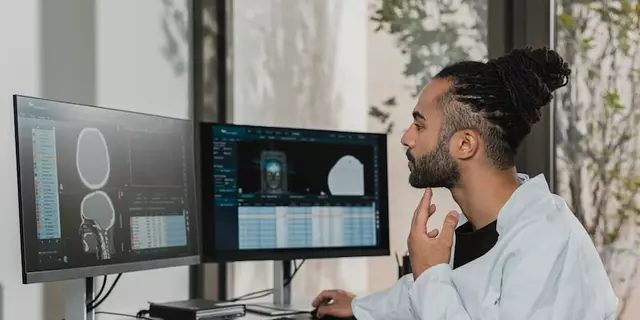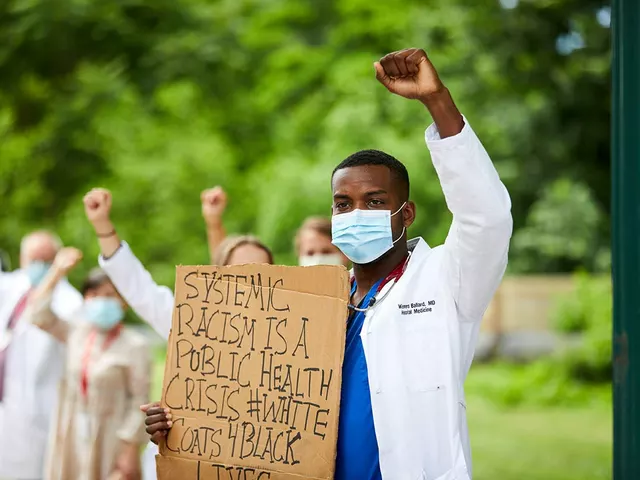Free healthcare: what it is and how to find it
Free healthcare means medical care you pay little or nothing for. It can cover doctor visits, tests, medicines or hospital stays. Sometimes it’s fully free, other times you only pay a small fee. Knowing where to look makes a big difference.
Who offers free care? Governments run public clinics and insurance programs. In India, schemes like Ayushman Bharat cover many low-income families for hospital care. NGOs, charity hospitals and community health centers also provide no-cost services or sliding-scale fees. In other countries you’ll see programs like Medicaid in the U.S.
How do you know if you qualify? Check income limits, residency, age and health conditions. Children, seniors, pregnant women and people below the poverty line often get priority. Most programs post eligibility rules online, but a quick call to a clinic can save time.
Where to look first
Start local. Visit your nearest public health center or primary health clinic. Ask social workers at hospitals about fee waivers and charity care. Look for mobile health camps and vaccine drives in your area. These services are common during public health campaigns and often free.
Next, check government portals and helplines for national and state schemes. If you live in India, search for state health insurance and Ayushman Bharat enrollment centers. If you’re in the U.S., visit your state Medicaid office or the Health Insurance Marketplace. Community health centers can help with enrollment.
Tips to lower or eliminate bills
Always ask—about discounts, charity care and payment plans. Hospitals expect questions and may reduce bills if you can’t pay. Use generic medicines instead of brand names when possible; they cost much less. Get preventive care at public clinics to avoid expensive emergencies later.
If you need ongoing care, find a trusted primary doctor at a public clinic. Regular checkups catch problems early and cut long-term costs. For one-off needs, look for walk-in clinics, free screening camps and non-profits that fund specific treatments.
Keep documents handy: proof of income, ID and medical records speed up applications. If language or tech is a barrier, bring a friend or visit community help centers—many offer free assistance with forms.
Simple steps: list your documents, call the local health center, ask about enrollment dates, and make an appointment. Keep notes. Follow up if you don’t hear back.
If language or bias worries you, bring an advocate or ask for a cultural liaison. Good care respects your background and treats you fairly. Don’t accept dismissive answers—ask for a second opinion or patient rights office help. You deserve clear answers.
Free healthcare isn’t a single solution—it’s a mix of public programs, charities and smart choices. Make a plan, ask questions, and use local resources. That keeps costs low and gets you the care you need without surprises.
Should healthcare systems be free or paid?
Posted by Finnegan Beckett On 28 Jul, 2023 Comments (0)
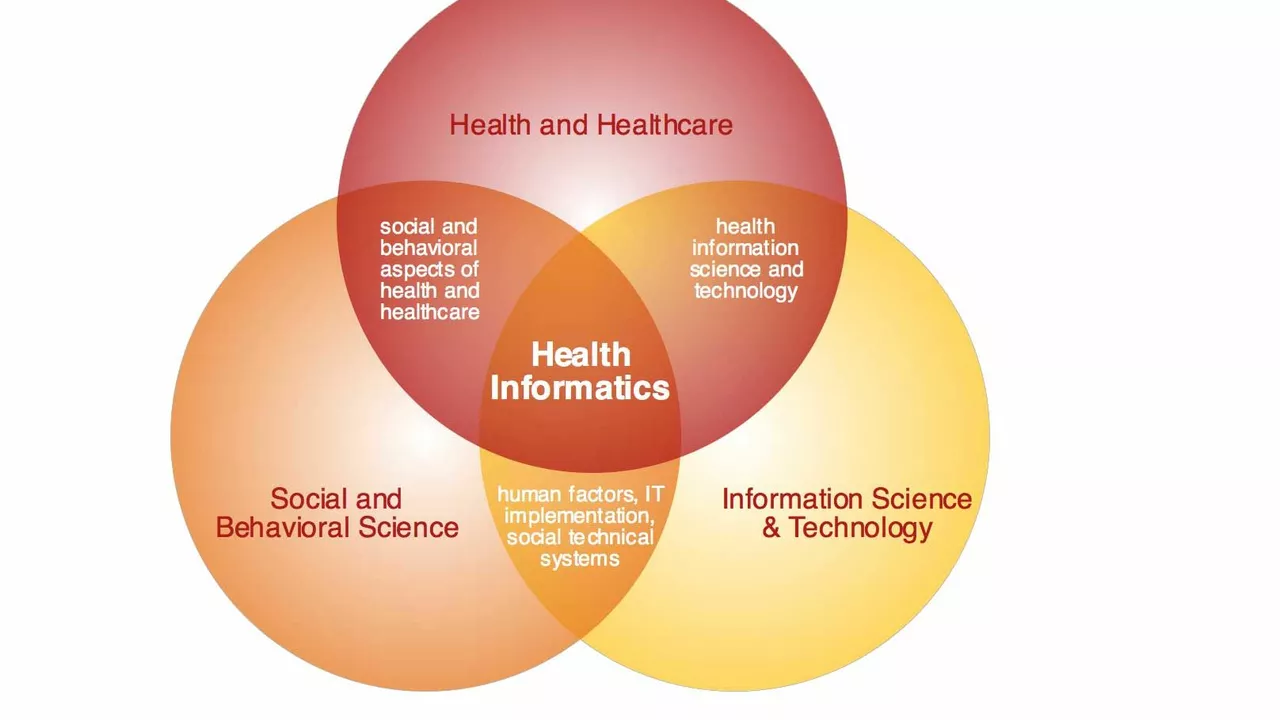
Hey folks! Tackling the old chestnut today - should healthcare be a freebie or a pay-as-you-go affair? Well, it's not as simple as buying a cup of joe! Free healthcare sounds like a winner, right? But wait, who'll pay the doctors, buy the bandages, and keep the lights on? On the flip side, paid healthcare allows for better quality control, but could leave some folks out in the cold. So, it's a bit like choosing between a double espresso or a decaf - there's no one-size-fits-all solution!
